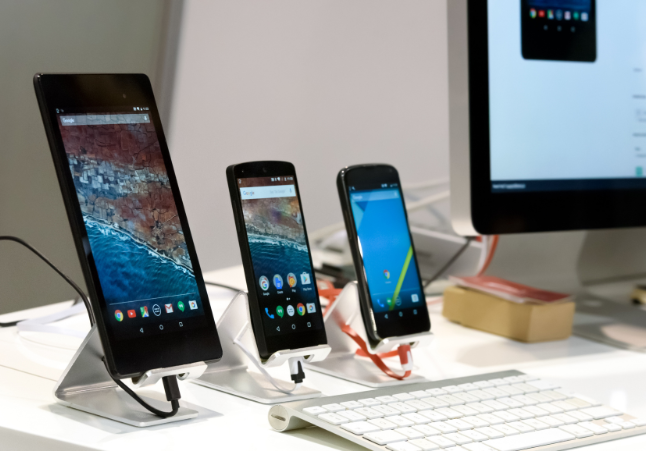The Ministry of Science & Technology has announced its support for Agnikul Cosmos Pvt Ltd, Chennai, to develop and commercialise “Agnibaan,” a highly customisable two-stage launch vehicle capable of delivering payloads of up to 300 kg to orbits at 700 km altitude.
Space technologies drive advancements across industries such as telecommunications, navigation, climate monitoring, and defence. Recognising this immense potential, the Government has opened the space sector to private players, introducing reforms to boost innovation, attract investments, and enhance global competitiveness. In a ground breaking step to further this vision, the Ministry of Science & Technology has announced its support for Agnikul Cosmos Pvt Ltd, Chennai, to develop and commercialise “Agnibaan,” a highly customisable two-stage launch vehicle capable of delivering payloads of up to 300 kg to orbits at 700 km altitude.
This initiative is supported by the Technology Development Board (TDB), a statutory body under the Department of Science & Technology (DST). TDB has sanctioned financial assistance for the “development and commercialisation of modular configurable launch vehicle for 100 kg payload.” The project aims to make satellite launches more accessible, efficient, and affordable.
Agnikul Cosmos, headquartered in Chennai and incubated at IIT-Madras, is a space technology start-up with a vision to democratise access to space. Guided by 45 former ISRO scientists and supported by over 200 engineers, the company has achieved a historic milestone with the maiden launch of Agnibaan SOrTeD, the world’s first flight using a single-piece 3D-printed rocket engine.
The centerpiece of Agnikul’s innovation, Agnibaan, is poised to revolutionise the satellite launch ecosystem by offering:
- Dedicated, scalable launches for payloads ranging from 30 to 300 kg.
- Reduced lead times for satellite launches to just two weeks.
- Operational flexibility with mobile launch systems deployable globally.
- Customisable space missions for small satellites, eliminating inefficiencies of traditional rideshare models.







